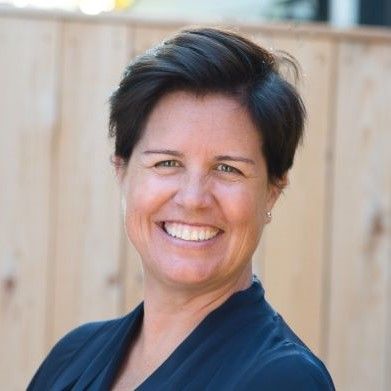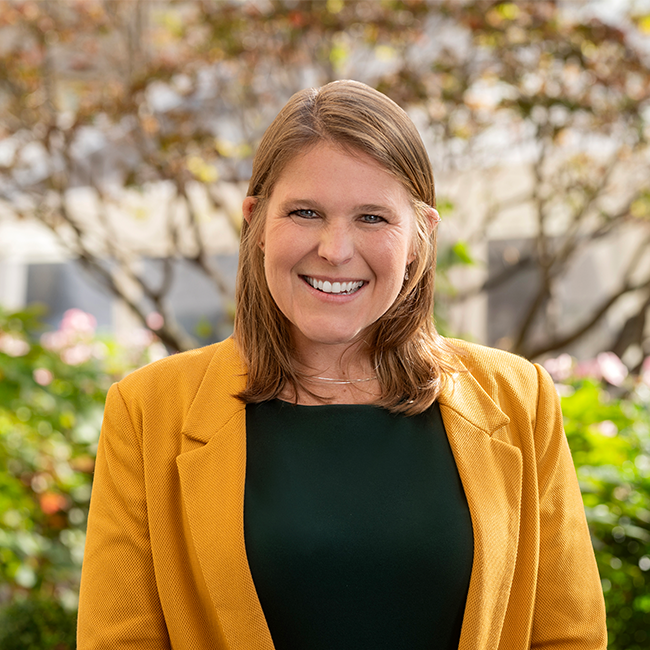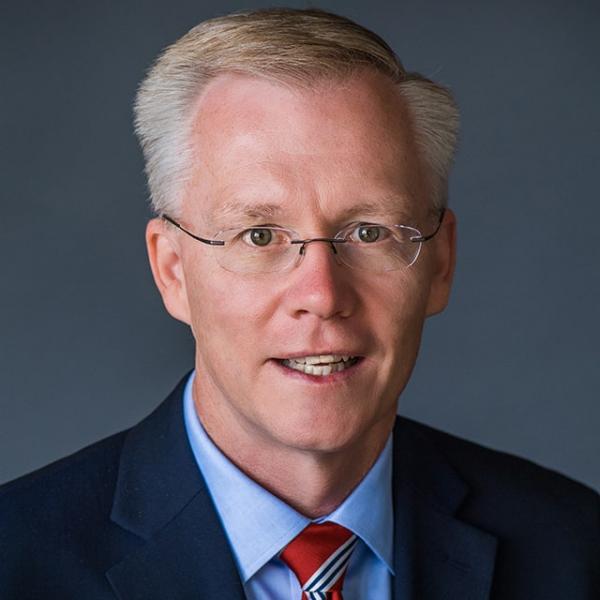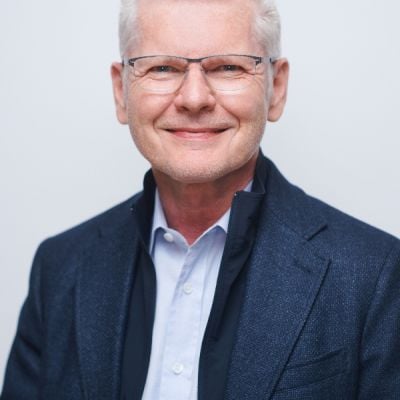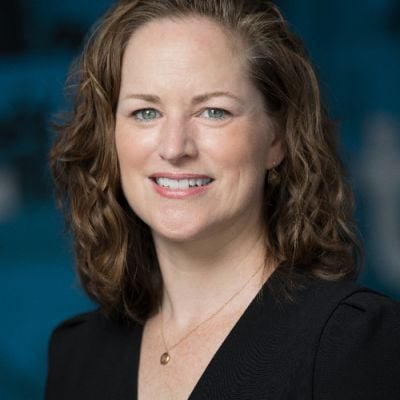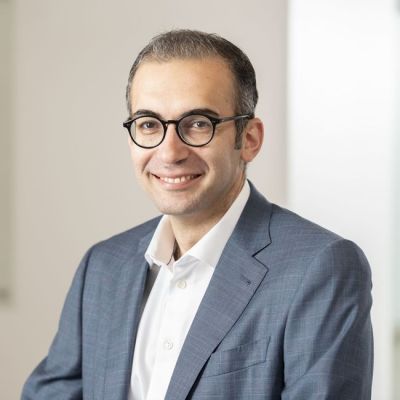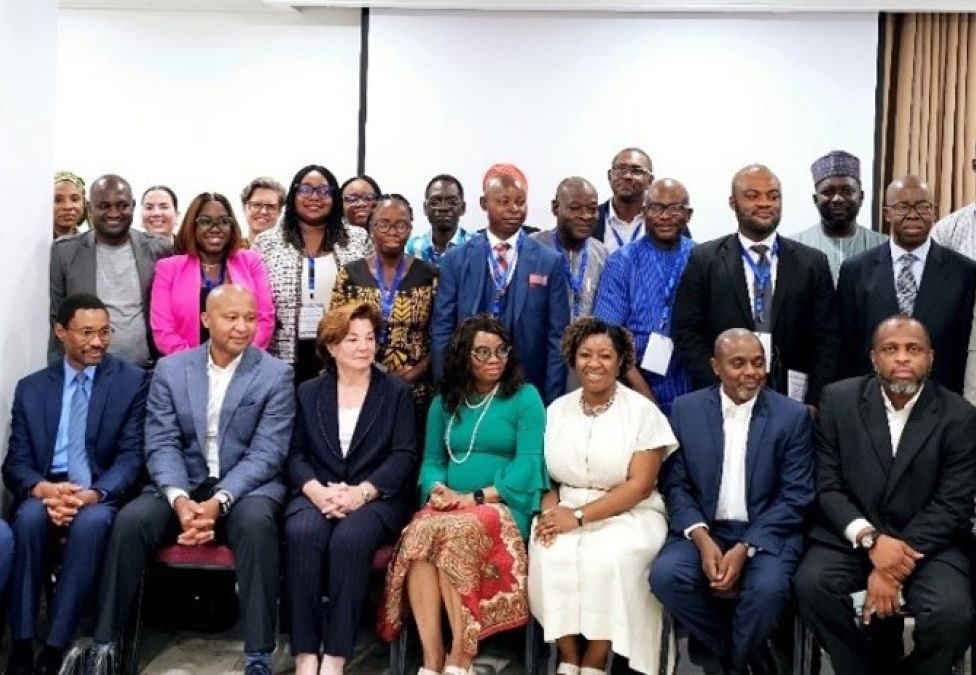
In June of this year, Milken Institute Health colleagues and I traveled to Abuja, Nigeria, to participate in a day-long roundtable hosted by the country’s National Institute for Cancer Research and Treatment (NICRAT). Co-organized by the Milken Institute and the Mayo Clinic Comprehensive Cancer Center, over 50 participants from Nigeria and the US from across the cancer research and care ecosystem came together to surface actionable recommendations to advance cancer research and treatment in Nigeria. Read the full summary of the roundtable with key takeaways and recommendations.
Nigeria is facing an escalating cancer crisis. An estimated 127,000 people in Nigeria were diagnosed with and 79,000 died from cancer in 2022, but these numbers are almost certainly underestimates. Breast, prostate, and cervical cancer top the list of cancer incidence in the country. Alarmingly, Nigeria’s cancer incidence is growing, fueled by lifestyle changes, increasing life expectancy, and population growth. In fact, by 2050, Nigeria’s population is predicted to double to almost 400 million, UNFPA Nigeria reports, making it the world’s third most populous country.
Further, disparities exist among different ethnic groups and areas of the country. And because most people in Nigeria struggle to access high-quality medical care, 80 percent of patients present with late stages of disease that are difficult to treat, leading to high cancer mortality rates. Workforce shortages exacerbate the challenges in caring for patients, highlighted by the fact that Nigeria counts only about 80 clinical oncologists in the country of over 200 million people, according to an ASCO Publications report, half of whom work in the southwest region.
Against this challenging backdrop, however, NICRAT is leading the transformation of cancer research and treatment in Nigeria, including improving access to quality cancer prevention, diagnosis, and treatment through the implementation of its strategic plans, National Strategic Cancer Control Plan 2023–2027 and National Cancer Research Agenda 2024–2028.
As roundtable participants discussed opportunities to advance cancer research in Nigeria and translate research into clinical care, the following fundamental themes emerged:
-
Better data on the current environment helps. NICRAT announced that the Nigerian government recently declared cancer a notifiable disease in Nigeria, mandating the reporting of all diagnosed cancer cases to inform a National Cancer Registry. This is a significant step in tackling a major challenge to research and treatment, the lack of data on the true cancer burden and how cancer is showing up across the country. This registry reporting requirement can also promote better resourcing of the national cancer control plan. Further, more data on the Nigerian population and their specific needs can help ensure that research collaborations address locally relevant study questions of interest to Nigeria.
-
Sustainable and innovative partnership models strengthen Nigeria’s capacity to deliver better health outcomes for its people. Working together, the public, private, and nonprofit sectors can accomplish much more. Whether advancing cancer screening pilots, educational programs, workforce training, or cancer research, collaboration is key. No one entity can do it alone.
-
Engaging communities, tailoring interventions, and adapting practice guidelines to local contexts accelerates the adoption of new practices that can benefit patients. Even with all the transformative innovation in cancer research, it still takes 14–17 years to translate new research knowledge into evidence-based clinical practice that benefits patients. Adapting practices to the local context is key to moving more quickly “from the lab to the bedside.” For Nigeria, where the population is very religious, practices from other contexts need to recognize the beliefs, culture, and unique needs of the people. Engaging with communities, building and maintaining trust, and addressing dis- and misinformation related to cancer prevention, diagnosis, and treatment is critical. Similarly, international practice guidelines, often created using evidence from clinical studies that do not include populations of relevance to Nigeria, should be adapted to the population’s specific needs.
This engagement with NICRAT builds on Milken Institute Health’s work led by FasterCures to catalyze action where challenges in the prevention, early detection and screening, and treatment of cancers still exist. We all share the same goal of reducing the burden of cancer on patients, their families, and their communities around the world. Most recently, our work brought together experts from China and the US to surface actionable ideas for collaboration that can advance solutions to challenges facing the elimination of women’s cancer, examined possible funding mechanisms to facilitate China’s ambitious lung cancer screening programs, and considered the promise of innovative approaches to the early detection of cancer, like liquid biopsies and multi-cancer early detection.
The Milken Institute is committed to expanding its impact around the world, both through growth in regions where we currently work and expansion to new countries internationally. The Milken Institute Health team is excited to bring diverse stakeholders together, advance discussions, conduct research, identify best practices, source solutions, partner with others, and execute and amplify great work that addresses significant health challenges of each country and region in which we work, including Nigeria.
